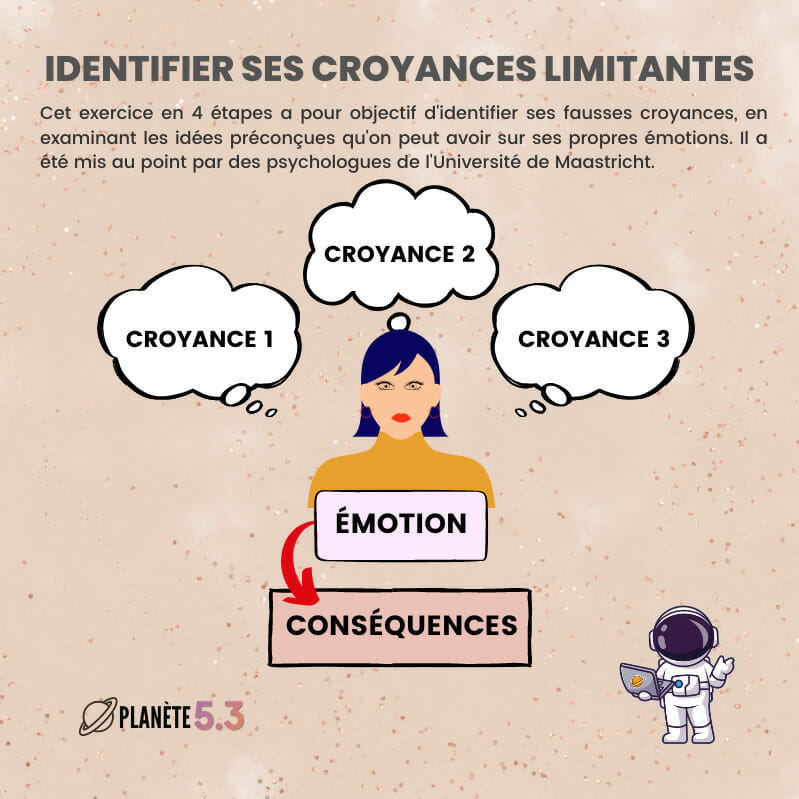One in five French women cannot swim ten meters (Public health France). That we have never learned (which is common among seniors), that we have forgotten because too little practiced, or fear, especially in the ocean and its waves, all the reasons for not (or more) knowing how to swim can be overcome with the support of a trusted professional, a little practice and a boost of confidence. This summer, we throw our apprehensions into the water!
1-Get help
You can certainly ask a loved one, but knowing how to swim does not mean knowing how to teach! The ideal therefore remains tolearn with an MNS (lifeguard) patient and reassuring and who will know how to adapt to your needs and your level. All offer courses in small groups in municipal swimming pools or on beaches. Some even give private lessons if you prefer to be alone.
2-Start in calm water
Especially if you feel a little scared by the waves and rolls of the ocean, not very reassuring to learn, we opt for lessons in the swimming pool, in a peaceful lake or when the sea is calm (at certain tide times). On the beaches, there are often small pools of sea water dedicated to learning.
3-Gain confidence
Before learning the movements, we must gain confidence: with the MSN, present in the water by our side, we will first stay where we are on foot, understand the environment, learn to float and turn around in the water. water to do the plank, a position that is both restful and safe. This mastered, we often already feel much more reassured.
4-Learn the gestures
Once confident, we begin the propulsion movements (with board or fries to float and break down arms and legs if necessary). Today, we rather start with the front crawl and the back crawl, for the sake of balance and efficient propulsion. The breaststroke (more complicated because it is more technical) can be offered simultaneously. We will therefore have to learn to breathe: blow in the water, inhale in the open air. It is only then that we will coordinate movements and breathing.
5-Be patient!
Depending on your basics, apprehensions and progress, it will take more or fewer sessions to know how to swim well. Persevere, because as soon as the anxiety is lifted, everything seems easier and more pleasant. Once the lessons are taken, you keep what you have learned and progress, swimming every day during your holidays, and going to the pool as often as possible the rest of the year.
Good reasons to take up swimming
- Nurture your heart and body
Swimming is the perfect endurance sport: moderate pace, muscular work of the whole body, but also excellent training for the heart which becomes more efficient and the respiratory system, whose capacities improve.
- Draw a mermaid silhouette
Practiced regularly, swimming builds muscle and slims down: more muscular shoulders and back, thinner and more defined arms, more shapely legs… And since water “carries”, you feel comfortable even with a few extra pounds, without asking excessively his joints (unlike a terrestrial sport).
- Relax
When you feel comfortable in the water, swimming brings real physical relaxation, especially since the water has a pleasant massaging effect. You come out calm, body and mind relaxed.
- Improve your blood circulation
Tendency to heavy legs? Swimming is the ideal sport, working the legs and improving venous return. Lying on the beach or at the edge of a swimming pool, the trio of immobility + heat + sun is harmful and promotes venous dilation, which increases the problem. Swimming is then all the more beneficial.
- Gain confidence
When you don’t know how to swim or no longer know how, it’s difficult to watch your children at the beach or the swimming pool (even less swim with them, especially since you often transmit your fear to them), or to accept a boat trip, an initiation to kayaking, sailing or paddle: we are often blocked by the fear of falling and drowning. So many distractions that we deprive ourselves of. Knowing how to swim, even without being a champion, allows you to feel safe and regain confidence and confidence.
A panic fear of water?
Having witnessed a drowning, experienced a big fright, panicking at the idea of entering the water: these traumas which are part of the phobia can be overcome. There are courses and courses targeted to gently get out of “aquaphobia”: progressive, in very small groups, they accompany everyone at their own pace, to learn to feel at ease, put their heads under water, go where you have no foot… and reconcile with the pleasures of water. Inquire at the municipal swimming pool.
Thanks to Elsa Dabet, lifeguard and aquatic sports coach on the Basque Coast (Tonique-ondine. com)













